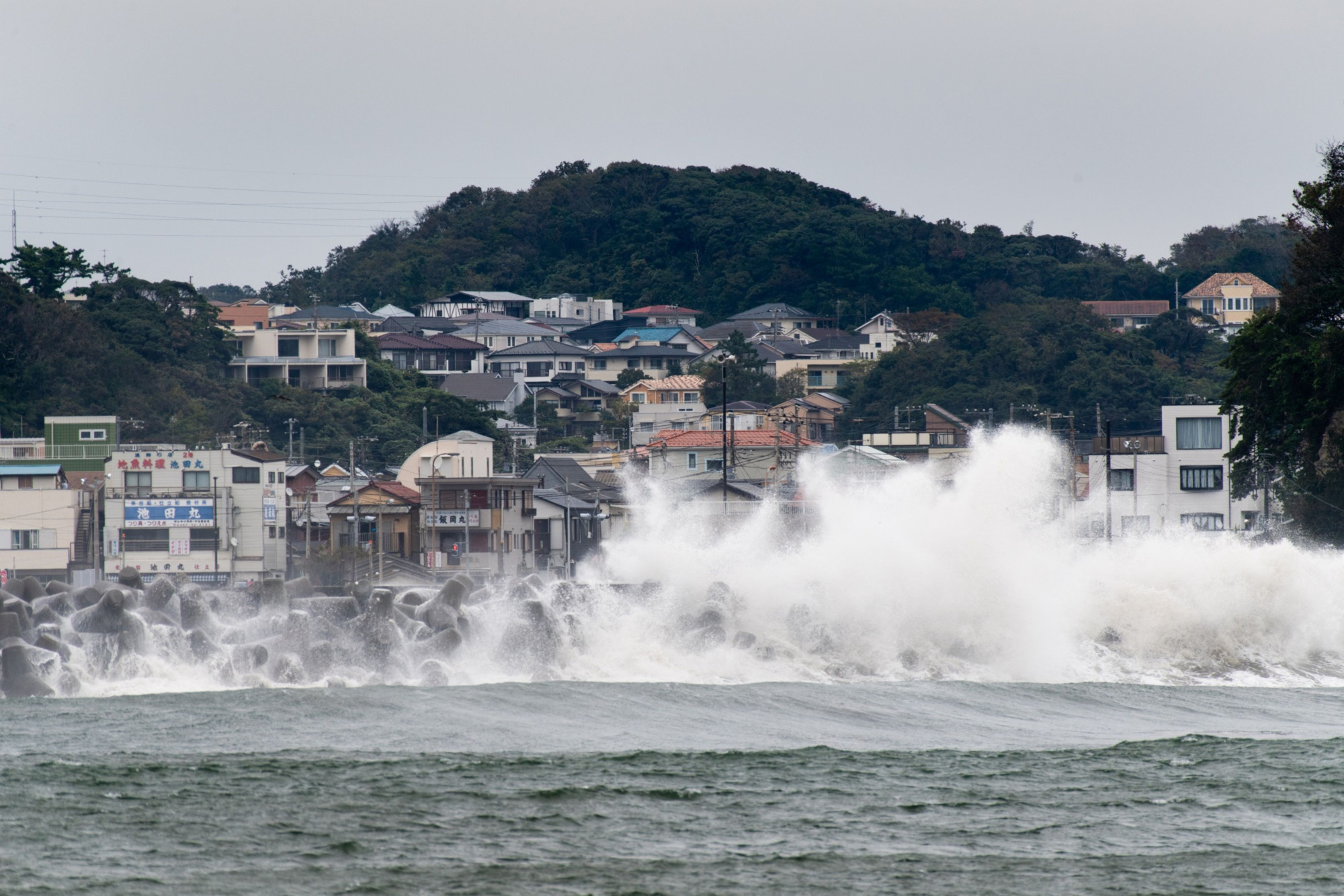Environmentalism and sustainability have come to form a significant cornerstone of Japan's global image and soft power in recent years. Japan's facilitation of the 1997 Kyoto Protocol, and its staunch advocacy for subsequent climate summits and agreements, today place Tokyo at the forefront of international efforts to combat climate change.
As a society, Japan's respect for nature and minimalist traditions have filled the general public with images of a distinct Japanese cultural aesthetic that Tokyo is able to evoke as a national commitment to sustainability. With all eyes on Tokyo ahead of the 2020 Olympics, Japan has fed this cultural mythos, taking steps to make sustainability a central part of the games. Japan's concern for the environment also reflects its inherent resource poverty and vulnerability to natural disasters like earthquakes, tsunamis and — per recent devastating news — typhoons.
During his international debut as environment minister at the U.N. General Assembly in September, Shinjiro Koizumi — deemed a future prime minister hopeful — emphasized the commitments of major Japanese cities, including Tokyo, Kyoto and Yokohama, to eliminating carbon emissions by 2050. Despite media coverage of Koizumi's remarks focusing on his unusual articulation of the international response to climate change, Koizumi's speech underscored the concrete ways that Tokyo is moving the needle on issues of sustainability.



